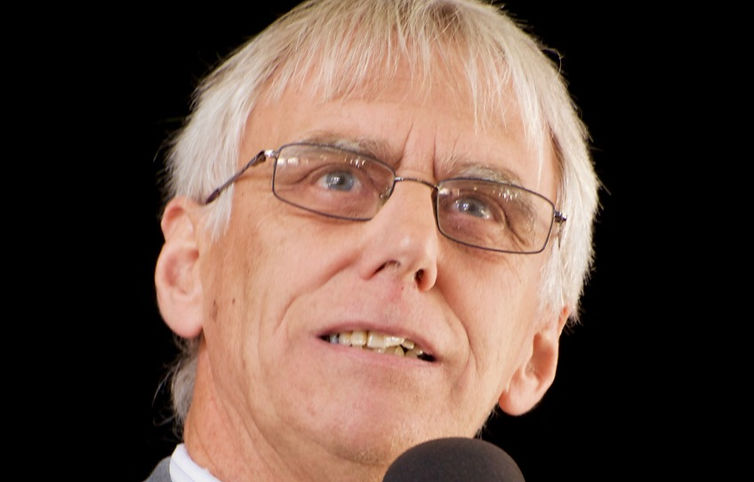
Thank you to the 1646 leaders who’ve generously done the 7 questions! I hope reading 7 Questions with
Tim Middleton
helps you in your leadership.
Cheers,
Jonno
Tim Middleton

Name: Tim Middleton
Title: Executive Director
Organisation: Association of Trust Schools, Zimbabwe
Preciously Headmaster of 3 Independent schools (2 in Zimbabwe, 1 in Zambia); over 40 years in Education; served for 6 years with Scripture Union; former Scottish international hockey player. Writer and speaker
1. What have you found most challenging as a leader?
Staying humble - even with a plaque on my desk that said "It Will Pass - the Problem; the Praise; the Opportunity"
2. How did you become a leader? Can you please briefly tell the story?
I came to Zimbabwe as a teacher; within one term I was appointed a Housemaster (senior position), though I did not apply. 9 years later, back in UK, I was approached by friends in Zimbabwe, asking me to be the founding Head of a new school; 15 years later, after a spell in UK and Zambia I was approached by another school in Zimbabwe to be their Head. I had not applied to any of those; leadership came to me.
3. How do you structure your work days from waking up to going to sleep?
Leadership often provides little structure as so much of it is to do with people. I would seek to be quiet before God each morning, certainly, to gain strength and wisdom. I simply made a point that I was available for people in the mornings - any written work was a bonus (rather than being frustrated that I could not finish written work). I would fill small gaps in the day with responding to emails where possible.
4. What's a recent leadership lesson you've learned for the first time or been reminded of?
Too much emphasis is placed on leadership (schools, universities, colleges, even a Pre-School put Leadership in their title; there is a Leadership Bible, yet no servant Bible), which is only for a few, and not enough on Responsibility (taking responsibility for self and for tohers), which is for all. If we taught Responsibility much more, then leadership will be very different. Furthermore, we push 'Servant Leadership' yet the emphasis there is still on leadership (that is the noun, servant is the adjective), where we identify leadership ability and then say they must become servants; I have learned we should be speaking of 'Leading Servanthood' where we identify those who serve and enable them to lead - it more a servant heart than leadership skills that will lead people.
5. What's one book that has had a profound impact on your leadership so far? Can you please briefly tell the story of how that book impacted your leadership?
It is not so much a book but some TED talks by Sir Ken Robinson where he addresses education. Coupled with that, i 'read' things from society: for example we complain about our politicians, corrupt businessmen, police, courts; we complain about dreadful drivers, noisy neighbours, fly-tippers and so much more yet they all have one thing in common - they all went to school once! We are not producing the people we want. and much of that is to do with our schooling system and leadership system, based on seniority (often based on superiority and little better than 'sin-iority'). we produce programmed children, not principled ones.
6. If you could only give one piece of advice to a young leader, what would you say to them?
Start humble; stay humble.
7. What is one meaningful story that comes to mind from your time as a leader, so far?
A couple came to speak about the possibility of sending their child to the school where I was the Head. We chatted for over an hour at the end of which the husband said, "I have decided - we are going to send our son here to this school. And do you want to know why?" I did want to know why - was it because of our Vision, our values, our policies, our results, our facilities, or what? He simply said, "It's because you are sitting here." Instead of sitting behind my desk with them in upright chairs opposite me, we sat in comfy chairs around a low coffee table. Maya Angelou's statement has echoes here: "People will forget what you said; they will forget what you did; they will never forget how you made them feel."